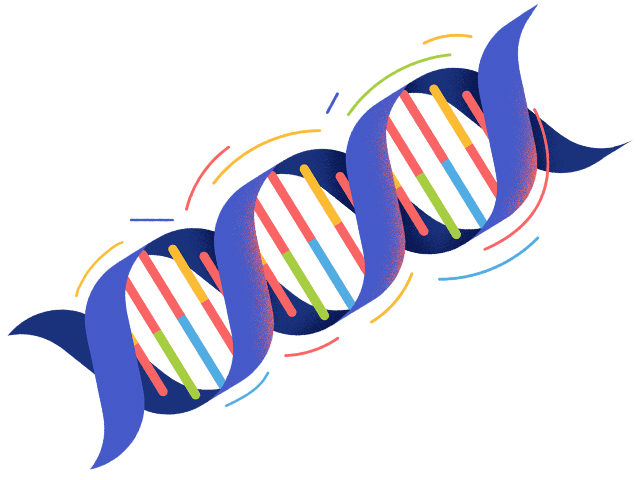Nikola graduated in genetics at the Faculty of Science of Comenius University in Bratislava. Her mission is to translate the latest knowledge in the field of genetics into understandable language so that people can easily understand it and use it in their daily lives. The goal of her work is to help people better understand their genetic predispositions and to show them how this information can contribute to improving their health.
Chronotype, a biological clock worth listening to
Do you feel full of energy in the morning, or do you find getting up early a struggle and do you work best in the late evening? Your activity during the day is largely influenced by your chronotype, a kind of biological clock that influences your body’s tendency to sleep at a certain time.
What types do we know?
According to your chronotype, people can be divided into morning, evening, or mixed types. Approximately 40% of people are more active either in the morning or evening. On the other hand, up to 60% of people do not show a strong preference for a certain part of the day.
What does chronotype depend on?
Our genes influence our chronotype, to the extent of approximately 50%. However, it is not just one gene, but a series of genetic variants that have been linked to morningness or eveningness in scientific studies. At the same time, people with a morning chronotype produce the sleep hormone melatonin earlier than evening types. Therefore, they feel tired in the early evening hours. The natural sleep pattern also depends on gender, with men more often being evening types. It can also partly shift with age, as teenagers sleep longer, while older people naturally wake up earlier. Last but not least, our sleep pattern is also influenced by the environment in which we live. For example, the amount of external light can have a great influence.
Why is it good to know your chronotype?
Chronotype affects both your performance and the quality of your sleep. Sleep is extremely important for the physical function of the body, as well as mental health.
Knowing your genetic predisposition to a certain chronotype can help you create a suitable work schedule, for example by redistributing tasks during the day. Chronotype can also affect your health. Studies have shown that evening types have a higher tendency to develop cardiovascular diseases, obesity, and diabetes. Therefore, if you are an evening type, you should be more careful about developing these civilization diseases.
- Tags


